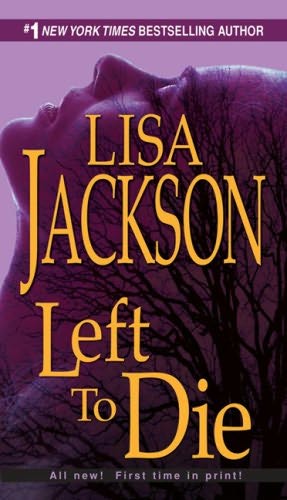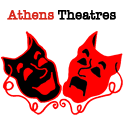
BOOK: "It Still Moves" by Amanda Petrusich


While describing the obsessiveness that Harry Smith’s Anthology of American Folk Music tends to inspire,
 music journalist Amanda Petrusich lets the curtain slip and reveals her own nerdy nostalgia, “I empathize: there are days when I want nothing more than to tote the Anthology around New York City, stroking its cover and feeding its contents into my disc-man, behaving ridiculously, using scratchy old folk songs as a romantic crutch, pouting and trying to remind myself that there is life beyond taxicabs, expensive purses, investment bankers, and blank-faced commuters -- and that, perhaps ironically, all of this music was compiled here in this ridiculous city.”
music journalist Amanda Petrusich lets the curtain slip and reveals her own nerdy nostalgia, “I empathize: there are days when I want nothing more than to tote the Anthology around New York City, stroking its cover and feeding its contents into my disc-man, behaving ridiculously, using scratchy old folk songs as a romantic crutch, pouting and trying to remind myself that there is life beyond taxicabs, expensive purses, investment bankers, and blank-faced commuters -- and that, perhaps ironically, all of this music was compiled here in this ridiculous city.”Erudite meditations like this litter It Still Moves as Petrusich hops into a dented Honda Civic and flees from New York. She heads south, to the fertile fields of American musical history, wrapping herself in a safety blanket woven from all types of cultural ephemera, not just scratchy banjos and gospel choruses.
Meandering stops in Graceland, Music Row, Cracker Barrel, Sun Studios, Appalachia, tacky hotel rooms and seedy roadside cafes with bad coffee link this synthesis of history, criticism and rumor into a personal love letter to whatever it is we can call Americana.
At its heart, It Still Moves is a travelogue, and Petrusich’s search for musical details becomes a tireless consideration and reconsideration of what American music is, from its roots in arcane Delta Blues through the supermarket ready sheen of Nashville country. Every stop breathes with significance: even the hotel kitsch comes from a different place, signifying a more idealistic time.
Petrusich navigates with her ears from musical landmark to musical landmark, but finds deep American symbolism nearly everywhere. On the road between twin music capitals Nashville and Memphis, “bits of cotton swirl into tiny tornadoes, fueled by highway wind and blasts of exhaust. Cotton gathers everywhere, collecting into speckled white puddles on the side of the road.” Cotton becomes a metaphor of commerce, a regional commodity that, like the music, is rich with both beauty and profit-potential.
The prodigal journalist traveling back through Dixie, righting the previous generation’s wrongs, has become a bit of a career cliche.Though Petrusich’s journey may have been taken by many others who have done a much better job cataloging the history they found, she uses her trip to finally bury an unsettling history of exploitation and capitalism that digs a sinister undercurrent beneath the songs she loves.
When noting A.P. Carter’s notorious habit of stealing songs from mountain families and never offering rights or money, Petrusich finally resigns herself to uncomfortable truth that, “These songs, sung this way, tangle themselves up in our subconscious, becoming part of our skeletons, spooning up to our DNA, settling in for good.”
It’s a sobering thought, that the dirty deals are as ingrained in the culture as the music, but Petrusich tries to move beyond indictments. Making culture can be a very dirty process, and there’s a hint of naivete in Petrusich’s voice as she pulls back the curtain.
At certain points, the book becomes heavy with nostalgia as she rehashes old stories about Johnny Cash, Elvis Presley and Merle Haggard. Petrusich tends to get lost in the mythology, and ultimately never uncovers anything truly new among the back roads and music halls, always following American music where it has been, but unaware of where it may be going.
Still, this looking back and reanalyzing is a tender exercise, striving to reconcile a deeply personal love of the music with its deeply commercial aspirations.
The Pitchfork 500 by Scott Plagenhoef
State by State by Sean Wilsey








































